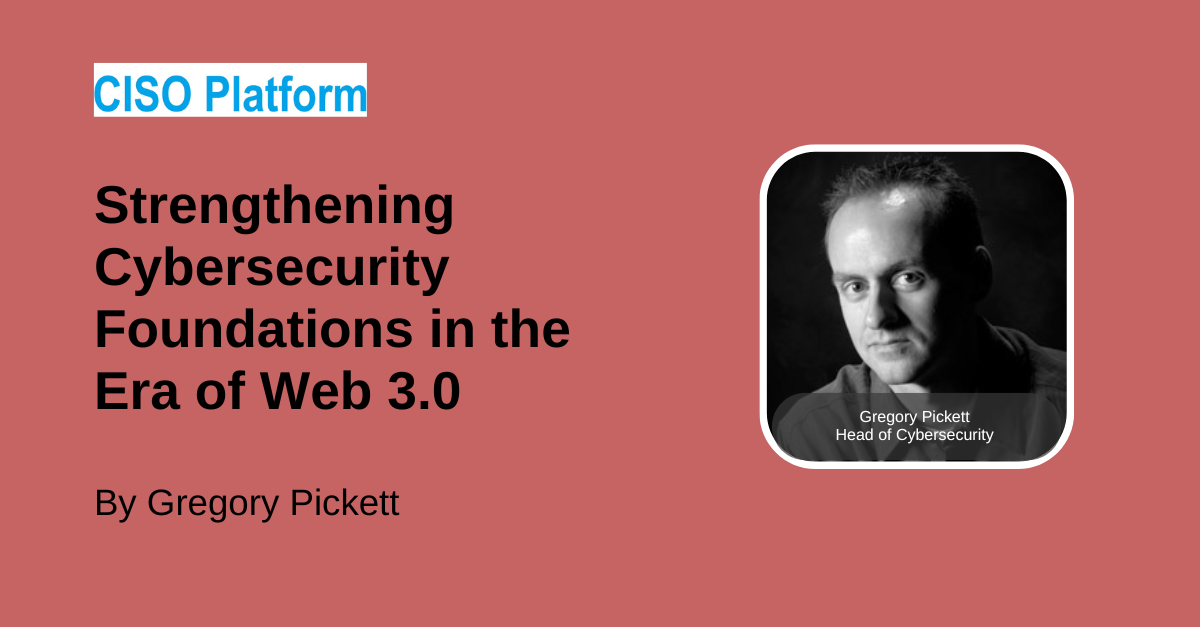This discourse explores the essentiality of cybersecurity fundamentals in both traditional IT spaces and the emerging landscape of Web 3.0. It underscores the importance of proactive threat intelligence and attribution methodologies while advocating for the operationalization and adaptability of smart contracts to effectively respond to security threats.
Here is the verbatim discussion:
Fundamentals now what person did who knows what all may happened in the end what they get away with also who knows they found this I believe through threat intelligence right through threat intelligence and threat hunting and why do I say that because they really had not a lot of information on how this happened uh without a lot of information how can you do attribution and they did strategy contracts are talking about you know understanding your fundamentals in the traditional it space doing that now in web 3 contracts need to be instrumented internal measurements need to be taken with relevant events being admitted internal State needs to be admitted right you need to make sure that you have visibility on that contract so monitoring can happen right something can be done speaking of something that can be done your contracts need to be operationalized now I can't say I'm the first person to to uh use that word but I can tell you that um you know word processors don't consider it a real word uh Google I don't believe consid it a real word it's just something that I think fits so contracts need to be able to take action I say operationalized operational parameters must be able to be changed right producing effect whereby the contract can deny some activity based on perceived threat blacklisting walls is a really good example now I believe.


Comments